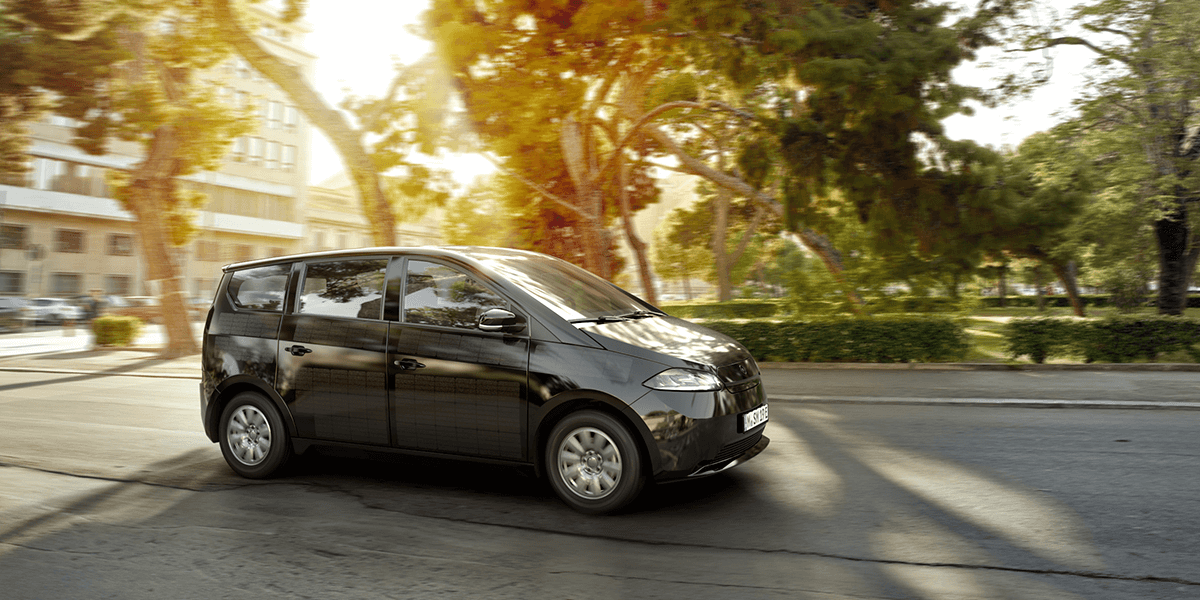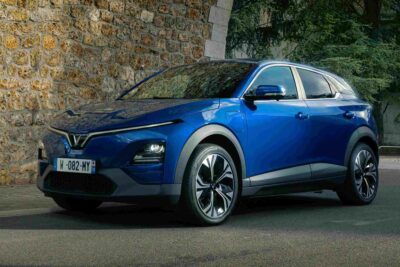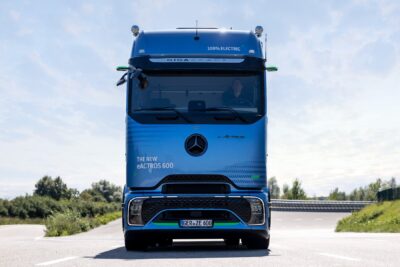Sono Motors evolves radically new financing strategy
The Munich-based German startup Sono Motors has just radically changed its financing strategy. Instead of relying on strategic investors, Sono will now increase its focus on crowdfunding. The production date of the Sion is also shifting significantly.
In the crowdfunding campaign that is being launched today, the company wants to have 50 million euros raised by December 30, 2019. This suggests that short-term financial requirements are high. According to a Sono Motors press release, this means that 2,000 vehicle reservations have to be made within four weeks. When inquiring further, the company spokeswoman explained that those making reservations will only be required to make reservation payments if the campaign goal is achieved.
Whoever now decides that they want to own a Sion solar car will have to wait for some time before they receive their electric vehicle. The production start for the first vehicles has been delayed until September 2021 – since the new strategy is based on being able to “obtain access to new financial resources,” Sono Motors explains in their press release. That is if it is built at all: The company extrapolated that if Sono Motors does not reach its financial goal, the Sion will not be able to hit the roads in its currently planned form.
In order to convince interested parties of the strength of this investment despite the aforementioned prospect (and the risk that the realignment will fail), the founders Laurin Hahn, Jona Christians and Navina Pernsteiner have decided to take an unusual step: They have decided to bring their still available profit shares (64 per cent of dividend rights to net retained profits) into a community pool. In other words, they have agreed to transfer their targeted winnings to Sion reservation holders. They will waive their personal profits but want to retain their voting rights. Currently, the founding team holds 74 per cent of company shares.
In the coming week, Hahn and Christians want to seek direct exchange with reservation holders at some events in Germany in order to answer questions about the financing campaign.
With the previous financing strategy, in which international financial investors have also played a role, the founders now regard the Sion concept as being under threat. “In recent months, we have repeatedly found that our goals are completely at odds with those of traditional financial investors,” says Co-CEO Hahn. “Aggressive growth and rapid profits can hardly be reconciled with a sustainable corporate and vehicle concept that aims to provide broad access to affordable and climate-friendly electric mobility.”
The development of a car is capital-intensive, as is its production. According to current plans, the Sion should be built by NEVS in Sweden from 2020, and 260,000 units should be made within eight years. But Sono wants to stick to the planned quantities and NEVS as a production partner.
Sono Motors no longer wants to cover its financial requirements with traditional investors – from the founders’ point of view, the “migration of technology and patents would ultimately have led to the end of the Sion’s forward-looking concept”. Instead, the company now wants to finance itself through the community that “wants a profitable but responsible company,” as Jona Christians put it. “The task of keeping our promises to reservation holders while having to fulfil the requirements of investors was grating away at the core shape of our concept,” says the Co-CEO and co-founder. “We absolutely had to correct that. If we didn’t, social responsibility and climate protection would have fallen by the wayside, and so would everything we stand for”.
In addition to the conflicting ideas of financial investors, Hahn sees a fundamental deficit in Germany. “Besides, the provision of venture capital for start-ups with capital-intensive business models in Germany does not work either in the early phase nor in the growth phase,” says Hahn. “There is an urgent need for political action here. It must be possible to implement such a future project in Germany and lead it to economic success.”
Source: Info via e-mail
Reporting by Sebastian Schaal.





1 Comment